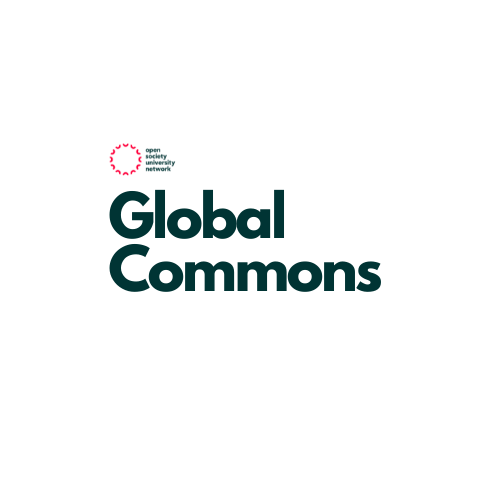Global
Commons

Best Selling Author
Emma Sophia
Duis ut consectetur mauris, sit amet convallis mauris. Aenean lectus turpis, efficitur vel odio at, aliquet. Donec sollicitudin lacinia risus, non tempor sapien dignissim scelerisque. Integer eget pellentesque dui, quis ultrices urna. Duis ut consectetur mauris, sit amet convallis mauris. Aenean lectus turpis, efficitur vel odio at, aliquet. Donec sollicitudin lacinia risus,Duis ut consectetur mauris, sit amet convallis mauris. Aenean lectus turpis, efficitur vel odio at, aliquet. Donec sollicitudin lacinia risus, non tempor sapien dignissim scelerisque. Integer eget pellentesque dui,
Other Books
Draft
Varius natoque penatibus et magnis dis parturient montes. Varius natoque penatibus et magnis dis parturient montes.
Divi Builder
Varius natoque penatibus et magnis dis parturient montes. Varius natoque penatibus et magnis dis parturient montes.
Bloom
Varius natoque penatibus et magnis dis parturient montes. Varius natoque penatibus et magnis dis parturient montes.
To Infinity
Varius natoque penatibus et magnis dis parturient montes. Varius natoque penatibus et magnis dis parturient montes.
Donec bibendum tortor non vestibulum dapibus. Cras id tempor risus. Curabitur eu dui pellentesque
– Divi Digest
Donec bibendum tortor non vestibulum dapibus. Cras id tempor risus. Curabitur eu dui pellentesque, pharetra purus viverra tristique nisitristique nisi.
– Extra Times
Donec bibendum tortor non vestibulum dapibus. Cras id tempor risus. Curabitur eu dui pellentesque, pharetra purus viverra.
– Extra Times
Schedule an Event
events@divisophia.com
Contact Agent
publishing@divisophia.com
Contact Author
author@divisophia.com





